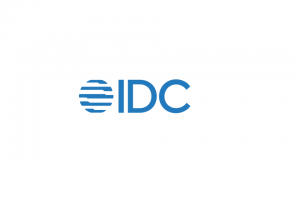Nigeria: Global System for Mobile Communication Association (GSMA), a global company that represents the interests of mobile operators, announced that the Nigerian broadband device market value has climbed to N245 billion (US$1.57 billion). It comes as the country continues to see mobile telecom companies increase profits.
“The growth is sustained by the rising mobile phone penetration due to the deregulation of the telecommunications industry in 2001 as well as operators’ drive to generate more revenue from data services owing to dwindling voice revenues,” it said in a press statement.
Business Day reported that personal computers will be a major drive for customer broadband devices as Internet penetration also continues to surge.
The report continued to say that consumers “will drive service and device uptake as more users opt for personal broadband access. Besides, revenues from enterprises are not expected to exceed those from consumers until 2015 due to the relatively small formal enterprise sector in the country.”
“Only 66 percent of users accessed the Internet from a cybercafe in 2009 – down from 82 percent the year before – as workplace, home and mobile usage increased,” said Ross Bateson, a spokesman for GSMA. He added, according to the newspaper’s coverage that “service revenue will be driven by demand for high quality connectivity, while consumers are likely to accept lower-cost, reduced quality packages.”
The report, in pointing to the future of the telecom sector in Nigeria, said that policy actions are vital to the sustainability. It said that if positive action is taken by the government to tear down mobile broadband adoption and delivery barriers, “the benefits to GDP in 2015 will be an additional N190 billion (US$1.22 billion).”
“The federal government must reduce the 35 percent tax level faced by Nigerian mobile operators, a tax which is double the global average. The federal government must also implement harmonized levies or taxes and environmental approvals processes at state and local levels of government,” added Bateson.
April 5, 2025







